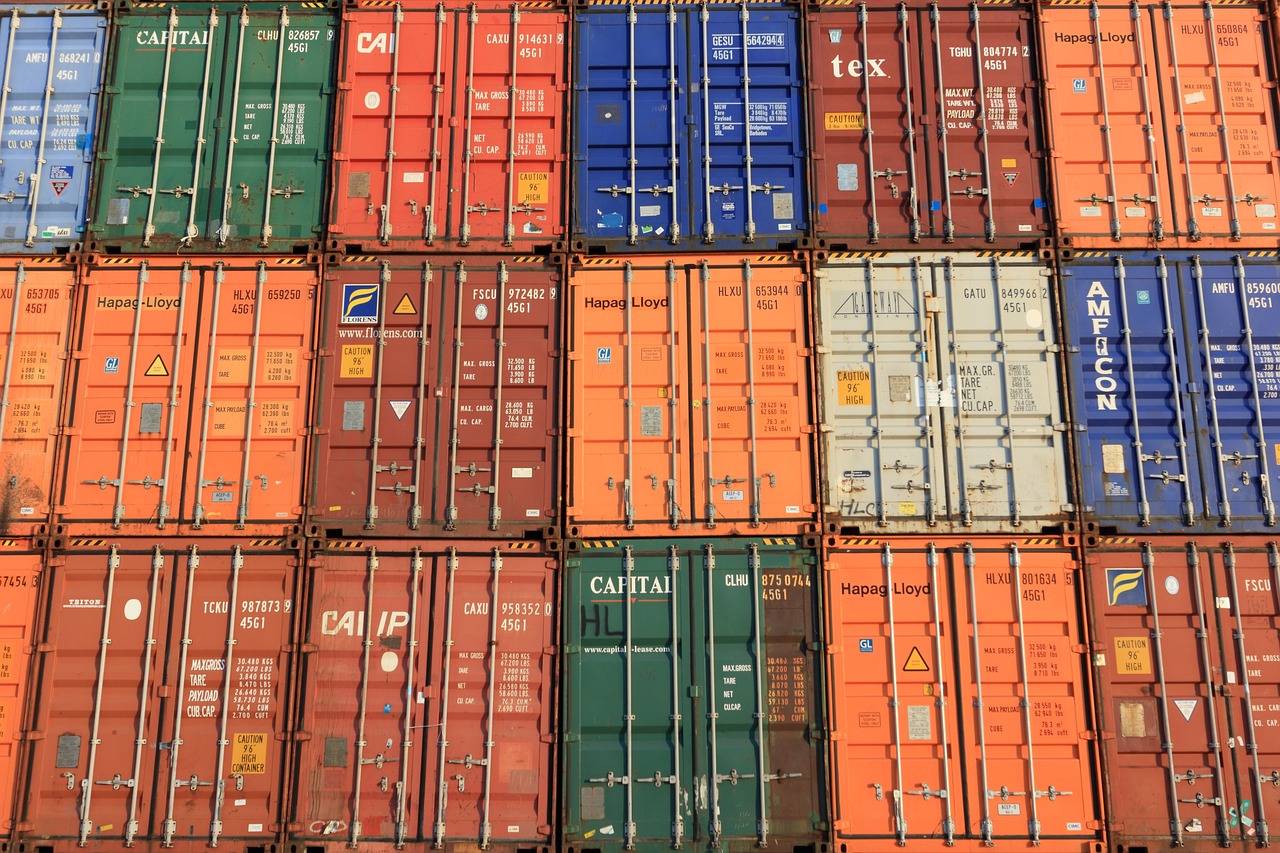
enteredExport agentWhat main business scopes do services include?
Professional import/export agency services cover the followingCore businessmodules:
- Customs process management: Including HS code classification,Customs documentsdocument preparation, tariff calculation and special supervision zone operations
- International logisticsLogistics coordination: Involving sea/air freight booking, container allocation, transport insurance and multimodal transport solution design
- Commercial compliance servicesIncluding origin certification, anti-dumping verification, export control (ECCN) classification, and AEO certification guidance
- Financial settlement supportProviding L/C document review, cross-border payment and collection,Export tax refundAgency and trade financing solutions
- Technical barrier responseAssisting with product certifications such as CE/FCC, REACH regulation compliance verification
- Emergency response mechanismsEstablishing customs inspection emergency plans, trade dispute mediation, and force majeure response measures
What essential qualifications are required for 2025 import/export agents?
According to the latest International Trade Agency Service Management Regulations, legal agencies must hold:
- Issued by the General Administration of Customscustoms clearanceUnit registration certificate
- Cross-border payment and collection qualification filed with SAFE
- International Trade Single Window 3.0 version interface capability certification
- ISO 28000 supply chain security management system certification
- Specific industries require special operation licenses for hazardous chemicals/medical devices, etc.
How are agency service fee standards calculated?
In 2025, agency services will mainly adopt three charging models:
- Transaction value percentage systemGenerally charging 0.5%-2% of cargo value, applicable to bulk commodity trade
- Tiered service packageBasic service fee (8000-20000 yuan/shipment) + excess sharing, suitable for SMEs
- Annual service contractIncluding package services for 50-200 customs clearance operations, suitable for high-frequency import/export enterprises
Please note the newly added "Green Clearance Surcharge" in 2025, which offers a 30% rate reduction for goods transported using new energy vehicles and eco-friendly packaging.
How to evaluate the professional capabilities of an agency company?
It is recommended to conduct comprehensive evaluation from four dimensions:
- Industry settlements:
- Focus on examining the number of service cases in the target industry
- Whether it has experience in resolving classification disputes for similar products
- The digital capacity:
- Customs declaration systems direct connection with customs data
- Response speed of real-time tracking system
- Global Service Network:
- Local service networks in RCEP member countries
- On-site operation teams at major ports
- Risk management system:
- Whether a dual-review mechanism for trade compliance has been established
- Historical legal dispute resolution success rate
How to choose between self-operated import/export and agency model?
It is recommended to refer to the following decision - making model:
- Annual import/export volume below $5 million: Priority selection of agency services can save approximately 40% of operational costs
- Special regulated goods: For products outside the CCC certification catalog, temporary import/export goods, etc., it is recommended to engage professional agents
- Emerging market development: For regions with complex customs declaration systems such as ASEAN and Africa, agency models can reduce customs clearance delay risks by 30%
It is worth noting that the "Customs-Enterprise Express" policy, to be implemented in 2025, will enable high-quality agencies to secure a fast track for enterprises to obtain AEO certification.
How can agency companies assist in addressing trade barriers?
Taking the EU Carbon Border Adjustment Mechanism (CBAM) effective in 2025 as an example, professional agents can provide:
- Product carbon footprint calculation and verification services
- Transitional Registry System (CBAM Transitional Registry) integration
- Low-carbon production technology solutions implementation
- Tariff preference alternative solutions design
According to the data from the General Administration of Customs in the first quarter of 2025, the compliance pass rate of CBAM-affected goods declared through professional agents reached as high as 92%, far exceeding the industry average.


 Follow Customer Service WeChat
Follow Customer Service WeChat